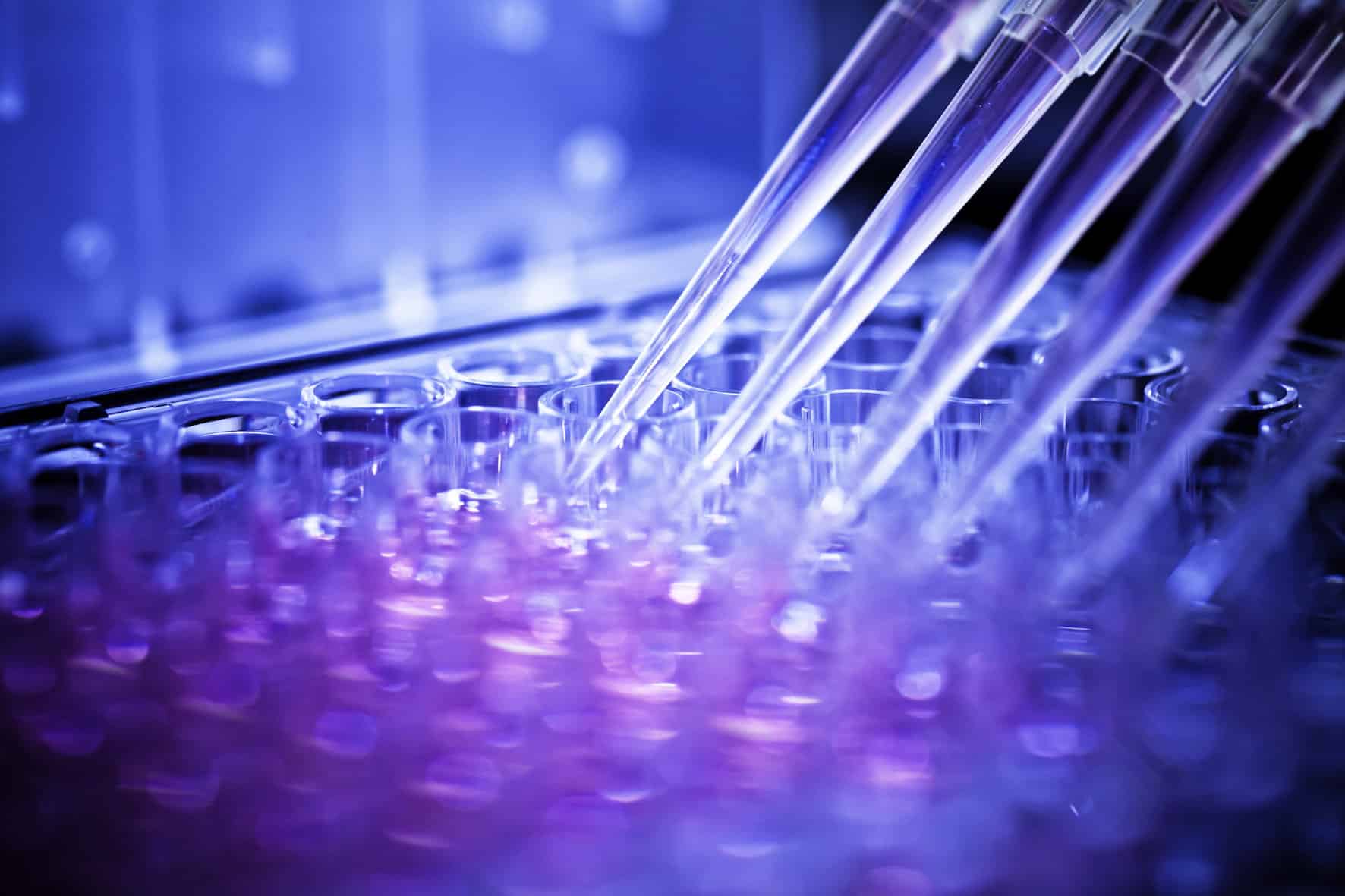
California-based biotech NantKwest (NK) has revealed promising results from one of the first pancreatic cancer patients dosed with its experimental cancer therapy, sending shares skyrocketing.
The early results came from a metastatic pancreatic patient treated with NK’s off-the-shelf version of the immune system’s ‘natural killer cells’, in combination with an IL-15 fusion protein from privately held immunotherapy company ImmunityBio.
NK said in a statement that this particular combination worked to induce the immune system activation of both the ‘natural killer cells’ and T-cells, which led to a complete response in the second-line metastatic cancer patient, as confirmed by PET/CT scan.
Pancreatic cancer is characteristically tough-to-beat, and carries poor survival rates – less than 7% of patients are still alive five years after diagnosis. It is also notoriously difficult to target, and so is severely lacking in new treatment options.
The company’s chief executive officer Patrick Soon-Shiong told Bloomberg Television that the patient’s tumours were eradicated after treatment with the experimental therapy. The patient had received the drug for compassionate use after previous unsuccessful treatments.
According to Soon-Siong, the first ten patients in the trial demonstrated partial responses, without complete eradication of the tumours, a contrast to the results from the 11th patient.
The marked difference was this latest patient received an advanced form of the therapy that was engineered to target the PD-L1 antibody that shields cancer from the immune system.
“The first patient ever to receive my next generation NK cell got a complete response,” Soon-Shiong told Bloomberg.
This dramatic result builds on NK’s recently reported data in triple negative breast cancer patients, who also received similar combination therapies, and achieved complete responses.
Following the news, shares of the company spiked up 91% at $6.80 – the biggest gain since the stock began trading in 2015, according to Bloomberg.
“We hypothesize that a common treatment protocol that harnesses both the natural-killer cell and the T cells could be effective in treating cancer across multiple tumour types,” said Soon-Shiong.
“This has been supported by the early signals of safety and efficacy in phase 1 and 2 studies of NantKwest’s natural killer cells in advanced cancers,” he added.
Soon-Shiong made his initial fortune following the sale of two pharmaceutical companies which included Abraxis Bioscience, which was sold to Celgene back in 2010 for a meaty $2.9bn.




